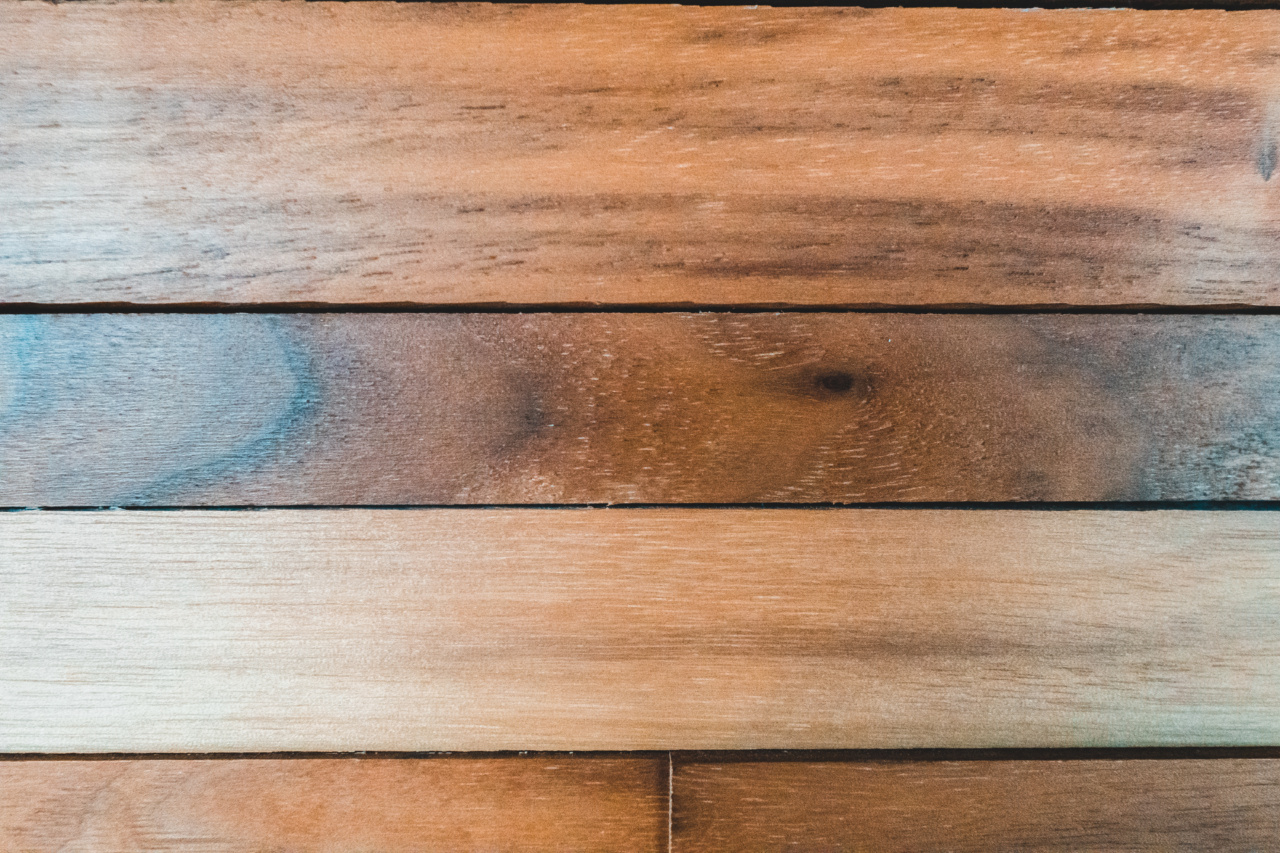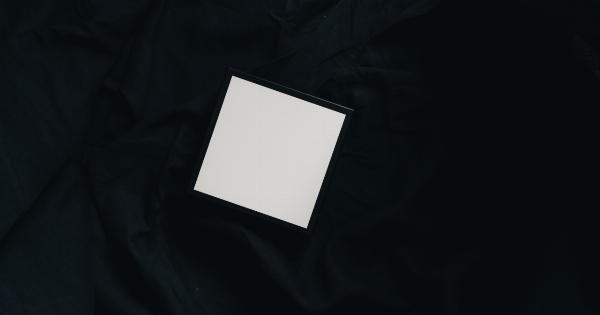When it comes to skincare concerns, pimples and black spots are two common issues that many people face.
While they may seem similar at first glance, it is important to understand the key differences between the two in order to effectively treat and prevent them. In this article, we will delve into the characteristics, causes, and treatment options for pimples and black spots.
What are Pimples?
Pimples, also known as acne, are inflammatory skin lesions that occur when the pores become blocked with oil, dead skin cells, and bacteria. They typically manifest as small red bumps on the skin and can be painful or itchy.
Pimples are commonly found on the face, back, chest, and shoulders, as these areas have a higher concentration of oil glands. They are often associated with hormonal changes, excess oil production, and certain lifestyle factors.
The Causes of Pimples
Pimples can be caused by a combination of factors:.
- Hormonal changes: Fluctuations in hormones, especially during puberty or menstrual cycles, can trigger the overproduction of oil and lead to the development of pimples.
- Excess oil production: When the sebaceous glands produce an excessive amount of oil, it can clog the pores and result in pimples.
- Bacteria: Propionibacterium acnes, a type of bacteria that resides on the skin, can multiply rapidly in the clogged pores and cause inflammation, leading to pimple formation.
- Dead skin cells: When dead skin cells accumulate on the skin’s surface, they can mix with oil and obstruct the pores, leading to the development of pimples.
- Diet and lifestyle: Consuming a diet high in processed foods, sugar, and dairy, as well as excessive stress and lack of sleep, can contribute to the development of pimples.
Treating Pimples
The treatment of pimples depends on the severity and individual skin type. Here are some common treatment options:.
- Topical medications: Over-the-counter creams, gels, and lotions containing ingredients like benzoyl peroxide, salicylic acid, or retinoids can help reduce inflammation and unclog pores.
- Prescription medications: In severe cases, a dermatologist may prescribe oral antibiotics or hormonal medications to control bacterial growth or regulate hormone levels.
- Proper skincare: Maintaining a consistent skincare routine that includes gentle cleansing, exfoliation, and moisturizing can help manage and prevent pimples.
- Professional treatments: For stubborn pimples, treatments such as chemical peels, laser therapy, or extraction by a dermatologist may be recommended.
What are Black Spots?
Black spots, also referred to as hyperpigmentation, are areas of the skin that appear darker than the surrounding skin tone. They can vary in size and shape and are commonly found on the face, neck, hands, and other areas exposed to the sun.
Black spots occur due to the excess production of melanin, the pigment responsible for skin color, in certain areas of the skin. They can be caused by various factors, including acne scars, sun damage, hormonal changes, and skin injuries.
The Causes of Black Spots
The development of black spots on the skin can be attributed to several causes:.
- Sun exposure: Prolonged exposure to the sun’s ultraviolet (UV) rays can increase melanin production and result in the formation of black spots.
- Acne scars: Inflammatory acne lesions can leave behind dark marks or scars, leading to the formation of black spots.
- Hormonal changes: Hormonal fluctuations during pregnancy or due to certain medical conditions can trigger the overproduction of melanin and cause black spots.
- Post-inflammatory hyperpigmentation: Skin injuries or inflammation, such as cuts, burns, or insect bites, can stimulate melanin production and result in the formation of black spots.
- Age: As we age, our skin’s ability to regenerate and distribute melanin evenly diminishes, causing the accumulation of melanin and the development of black spots.
Treating Black Spots
There are various treatment options available to lighten or eliminate black spots on the skin:.
- Topical creams: Over-the-counter creams or serums containing ingredients like hydroquinone, retinoids, kojic acid, or vitamin C can help fade black spots over time.
- Laser therapy: Intense Pulsed Light (IPL) or laser treatments can target and break down the excess melanin in the skin, gradually reducing the appearance of black spots.
- Chemical peels: Exfoliating chemical solutions can be applied to the skin to remove the top layer and stimulate cell turnover, reducing the visibility of black spots.
- Microdermabrasion: This procedure involves gently exfoliating the skin with tiny crystals to remove the outer layer, helping to fade black spots.
- Cryotherapy: In this treatment, liquid nitrogen is used to freeze and destroy the melanin-producing cells, assisting in the lightening of black spots.
Conclusion
While pimples and black spots can both be concerning for those affected by them, understanding their distinct differences is crucial in determining the most effective treatment methods.
Pimples are inflammatory lesions caused by clogged pores and are best managed through proper skincare and medication, whereas black spots are areas of hyperpigmentation that can be lightened or eliminated with various topical treatments or professional procedures. By identifying the underlying causes and tailoring appropriate treatment approaches, individuals can take proactive steps towards achieving a clearer and more radiant complexion.






























